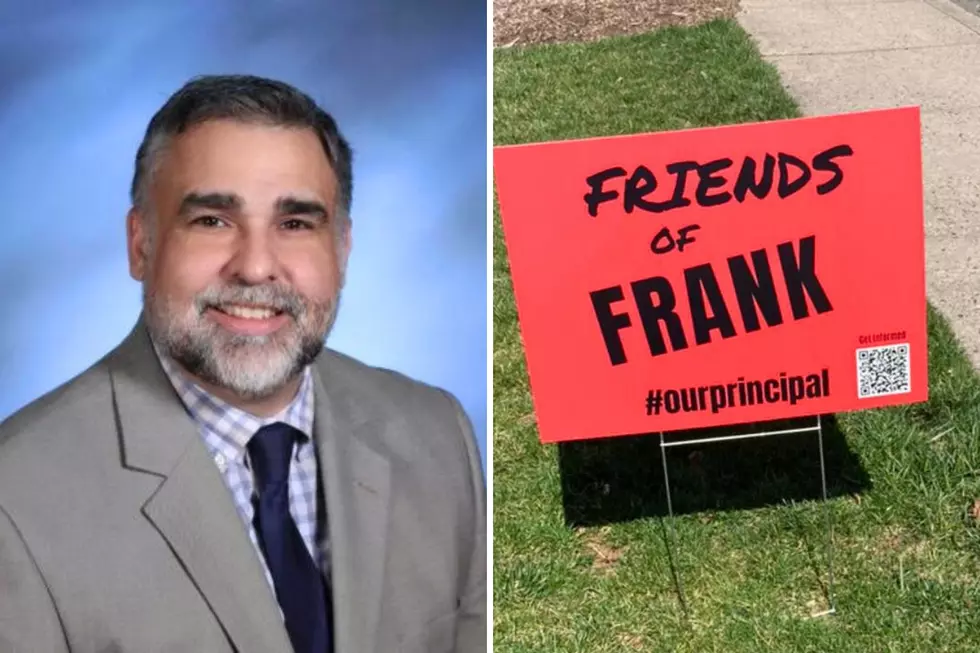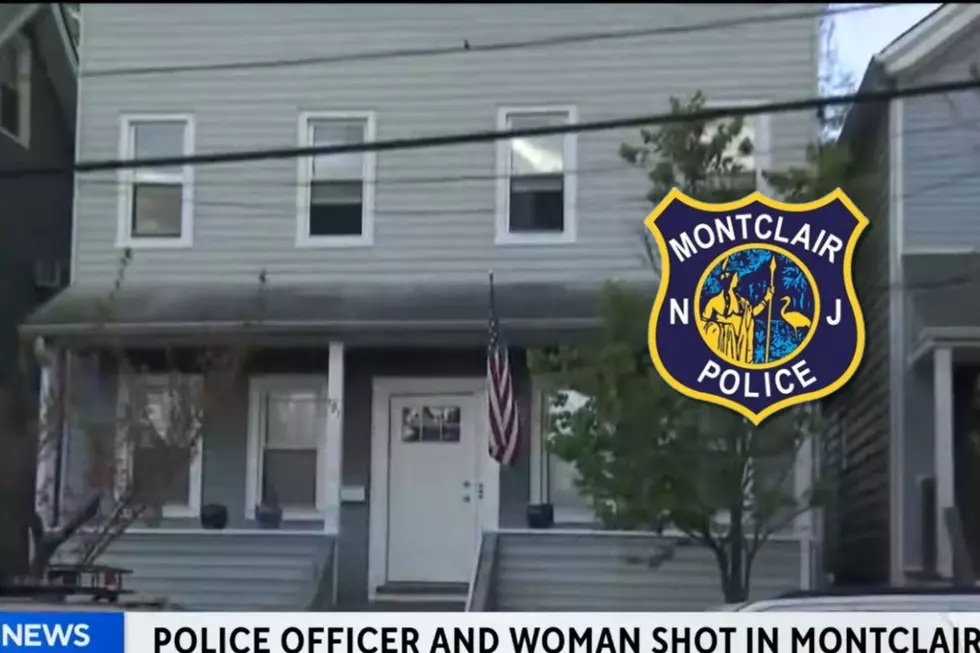
I get why people of color fear COVID-19 vaccine tests, Baraka says
Newark Mayor Ras Baraka said he understands why residents of his majority-minority community would not want to participate in clinical research studies into a COVID-19 vaccine. They've been burned before by unethical medical experiments.
Rutgers New Jersey Medical School and University Hospital are recruiting 30,000 healthy adults in high risk groups for a phase 3 clinical research study to evaluate the safety and effectiveness of mRNA-1273, a vaccine candidate against COVID-19 developed by Moderna. High-risk groups include the elderly, racial and ethnic minorities and essential workers in close contact with potentially infected persons.
“The reality is that COVID-19 is still hurting and killing people of color, which makes the entire scenario problematic," Baraka said in a statement.
But he stressed his residents shouldn't feel pressured to take part: "Please, if you are not one to volunteer for the sake of science, please do not volunteer in the clinical trial."
Baraka said the city "cannot and did not authorize for any residents to partake in the research."
He said residents "have the right to be skeptical and cautious about vaccines and clinical trials due to unethical practices that have transpired around the world, in both developed and developing countries."
"Due to historic instances of scientific racism on African-Americans and people of color in this country (i.e. the Tuskegee Study of Untreated Syphilis in the Negro Male, conducted from 1932-1972, and the medical research of J. Marion Sims, whose advancement of a reproductive procedure was only made possible by numerous tests on enslaved women), it makes perfect sense for people to be afraid and quite frankly you have every right to be," Baraka wrote.
"What makes it more problematic is that African-Americans and people of color have been disproportionately contracting COVID-19 and dying more rapidly than anyone else from this disease."
City spokeswoman Crystal Rosa told New Jersey 101.5 there was no particular incident that prompted the message from Baraka.
"It was important for residents to have the facts," Rosa said.
The CDC, in describing the Tuskegee study, said the men who had agreed to be examined and treated were not told the purpose of the research, and had not been given all the facts required to provide informed consent.
"The men were never given adequate treatment for their disease. Even when penicillin became the drug of choice for syphilis in 1947, researchers did not offer it to the subjects," according to the CDC.
President Bill Clinton issued an apology in 1997 for the study.
Rutgers said those who are eligible to participate in the COVID-19 vaccine study will be randomly selected to receive either a placebo or the vaccine over 25 months.
Rutgers NJMS is one of 89 research sites across the country participating in the COVE Study.
Contact reporter Dan Alexander at Dan.Alexander@townsquaremedia.com or via Twitter @DanAlexanderNJ
UP NEXT: Operation Screen Capture busts - March 18 to July 31
More From New Jersey 101.5 FM









